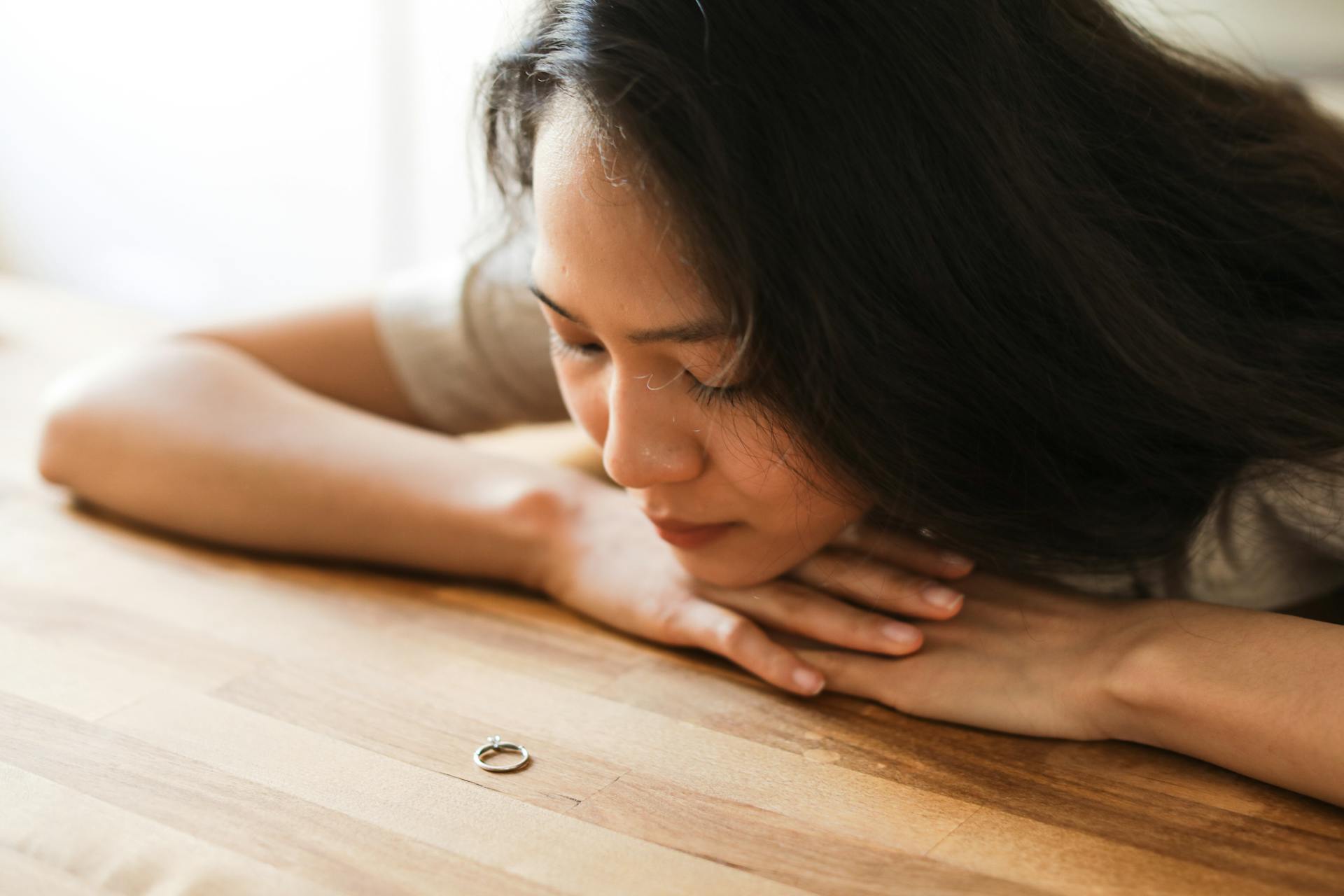Modern love is complicated. Between social media, ghosting, long-distance dynamics, and the pressure to build “perfect” relationships while juggling careers, many young adults feel emotionally overwhelmed. If you’re in your 20s or early 30s, chances are you’ve already questioned your choices, struggled to communicate, or felt emotionally unsafe in a relationship. The truth is love isn’t always intuitive, especially when we’re still learning how to understand ourselves.
That’s where therapy for relationship issues comes in, not as a last resort, but as a proactive step toward healthier, more fulfilling connections. Whether you’re single, dating, or in a long-term partnership, relationship therapy can help you make sense of the patterns that hold you back and teach you how to build something better.
Why Your 20s and 30s Are Relationship Minefields
This stage of life is filled with self-discovery, ambition, and constant transition. You’re building careers, exploring identity, managing independence, and maybe even healing from childhood wounds, all while trying to connect with someone else on a deep level.
Many young adults carry unspoken baggage into their romantic lives, fears of abandonment, unresolved trauma, communication breakdowns, or confusion about what love should even feel like. These patterns can lead to conflict, burnout, or emotional disconnect.
Therapy for relationship issues helps unpack the emotional blocks, attachment styles, and triggers you may not even realise you’re carrying. And the best part? You don’t need to be in a couple to benefit. Individual therapy that focuses on relationships is just as powerful as couples therapy, especially if you’re doing the inner work first.
Therapy Isn’t About Fixing Your Partner; It’s About Understanding Yourself
One of the biggest misconceptions about relationship therapy is that it’s only for couples on the brink of separation. In reality, the most effective relationship therapy starts with you. It’s a space where you can explore your past experiences, emotional patterns, communication habits, and unconscious expectations.
You might uncover things like:
- A tendency to avoid conflict because of past trauma
- A fear of commitment rooted in abandonment
- Patterns of people-pleasing or emotional shutdown
- Difficulty expressing needs without guilt
Through therapy for relationship healing, you begin to recognise your emotional landscape and how it shapes your romantic life. You gain tools to communicate better, set boundaries, and reconnect with vulnerability in a way that strengthens, not scares, your connection.
Online Relationship Therapy: Accessible Healing for Busy Lives
For many young professionals, time and convenience are major barriers to seeking help. That’s why online relationship therapy has become an essential offering. It allows you to access expert guidance from the comfort of your home, on your schedule, without the added pressure of in-person appointments.
Whether you’re dealing with long-distance strains, emotional disconnection, trust issues, or unresolved heartbreak, virtual sessions offer the same depth and effectiveness as traditional therapy. They create a safe space to reflect, grow, and heal one conversation at a time.
Breaking the Cycle: Why Relationship Therapy Matters
If you’ve found yourself in repeated patterns of choosing emotionally unavailable partners, staying in toxic relationships, fearing intimacy, or struggling with self-worth, therapy offers a roadmap to break the cycle.
Relationship therapy gives you:
- Language to express your emotions clearly
- Understanding of your attachment style (secure, anxious, avoidant)
- Tools for managing conflict without shutting down
- Insight into boundaries, trust, and emotional safety
- Strategies to rebuild after a breakup or betrayal
And most importantly, it reminds you that you are not broken, you’re learning.
So many people in their 20s and 30s carry shame about “failed” relationships, thinking love should just happen naturally. But real connection is a skill. It’s built with awareness, effort, and emotional courage. Therapy gives you those tools, personalised to your story.
When Is the Right Time to Seek Therapy for Relationship Struggles?
You don’t need to wait until everything falls apart. The best time to start therapy is often when you first notice recurring frustration, loneliness, or disconnection.
Some signs it might be time to consider therapy include:
- Frequent misunderstandings or unspoken resentment
- Difficulty trusting or opening up
- Feeling anxious, insecure, or triggered in relationships
- A history of unhealthy breakups or codependency
- Emotional burnout from dating or repeated heartbreak
Even if you’re not in a relationship, working on your relational patterns now can lead to stronger, healthier connections in the future. Think of it as emotional training, equipping yourself with the tools to love better and be loved well.
The foundation of healthy love is emotional safety. When you feel seen, heard, and accepted, connection becomes a source of strength, not stress. But that kind of love doesn’t happen by accident. It takes healing, growth, and self-awareness, all of which are possible through relationship therapy.
Whether you’re trying to repair an existing relationship or simply understand your emotional blueprint, therapy offers a path forward.
Ready to Build Healthier Relationships? Start with Yourself
You don’t need to carry the confusion, heartbreak, or frustration any longer. Love doesn’t have to be painful, and you don’t have to figure it out alone.
Enroll now in Dr. Kinnari Birla Bharucha’s course Immigrant Paradox to learn how online relationship therapy is designed for real life, real emotions, and real healing.


